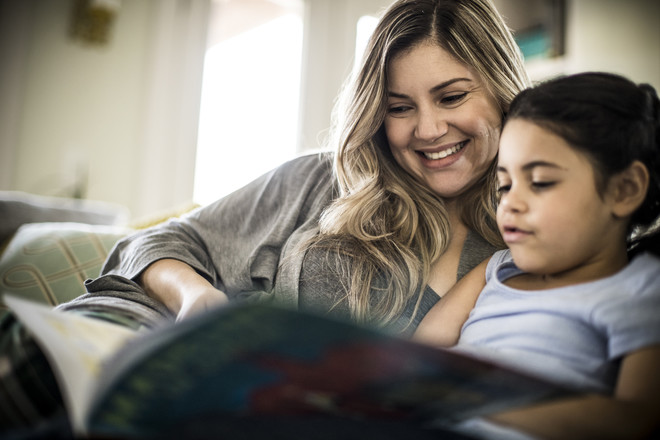Sensory development of young children
The brain's sensory functioning depends onsocial adaptation of the child. The baby learns to understand his own feelings, as well as to control the reaction to them. He begins to take into account the feelings of the people around him. This helps him to communicate, participate in joint activities, and resolve conflicts. Sensory development in young children is affectedon the ability to socializePhoto: Getty A baby under one year old is able to examine and grasp objects. A little later, he will learn to analyze the features of objects and distinguish their properties. At 4 years old, he should have a clear idea of what surrounds him. He can remember names, study colors, sizes and shapes. His analytical thinking is actively developing up to 7 years. The baby can combine objects with each other, focusing on their properties. This is ensured by the mental means of the brain:
Sensory development in young children is affectedon the ability to socializePhoto: Getty A baby under one year old is able to examine and grasp objects. A little later, he will learn to analyze the features of objects and distinguish their properties. At 4 years old, he should have a clear idea of what surrounds him. He can remember names, study colors, sizes and shapes. His analytical thinking is actively developing up to 7 years. The baby can combine objects with each other, focusing on their properties. This is ensured by the mental means of the brain:
- Speech;
- Assimilation of information;
- Memory;
- Thinking.
Development must be systemic. Only then will it be effective.
Methods of teaching the baby
The child must learn to clothe his feelingsinto words. He needs to understand the nature of tactile, olfactory, visual and gustatory images. Then he will be able to form a complete impression of any object, even without seeing it. The training is based on the use of sensory standards. They are criteria that reflect the common properties of objects. They allow comparison, analysis, juxtaposition and grouping. The standards are:
- Spectrum of colors and shades;
- Geometric shapes;
- Size and size;
- Salty, bitter, sweet or sour taste, and also their combinations;
- Aromas;
- Sounds.
Didactic classes aimed at studyingsensations should take place in an exciting, playful way. When a child is awake, he needs visual contact with others. Watching bright and contrasting colors will help him develop his vision. Musical sounds and human speech develop hearing. The baby should hear sounds of all tones. The sense of touch is improved by contact of hands with different textures and surfaces. Temperature changes are also useful. Sensory sensations are necessary for a full life. The child's intellectual abilities in the future will depend on them.









